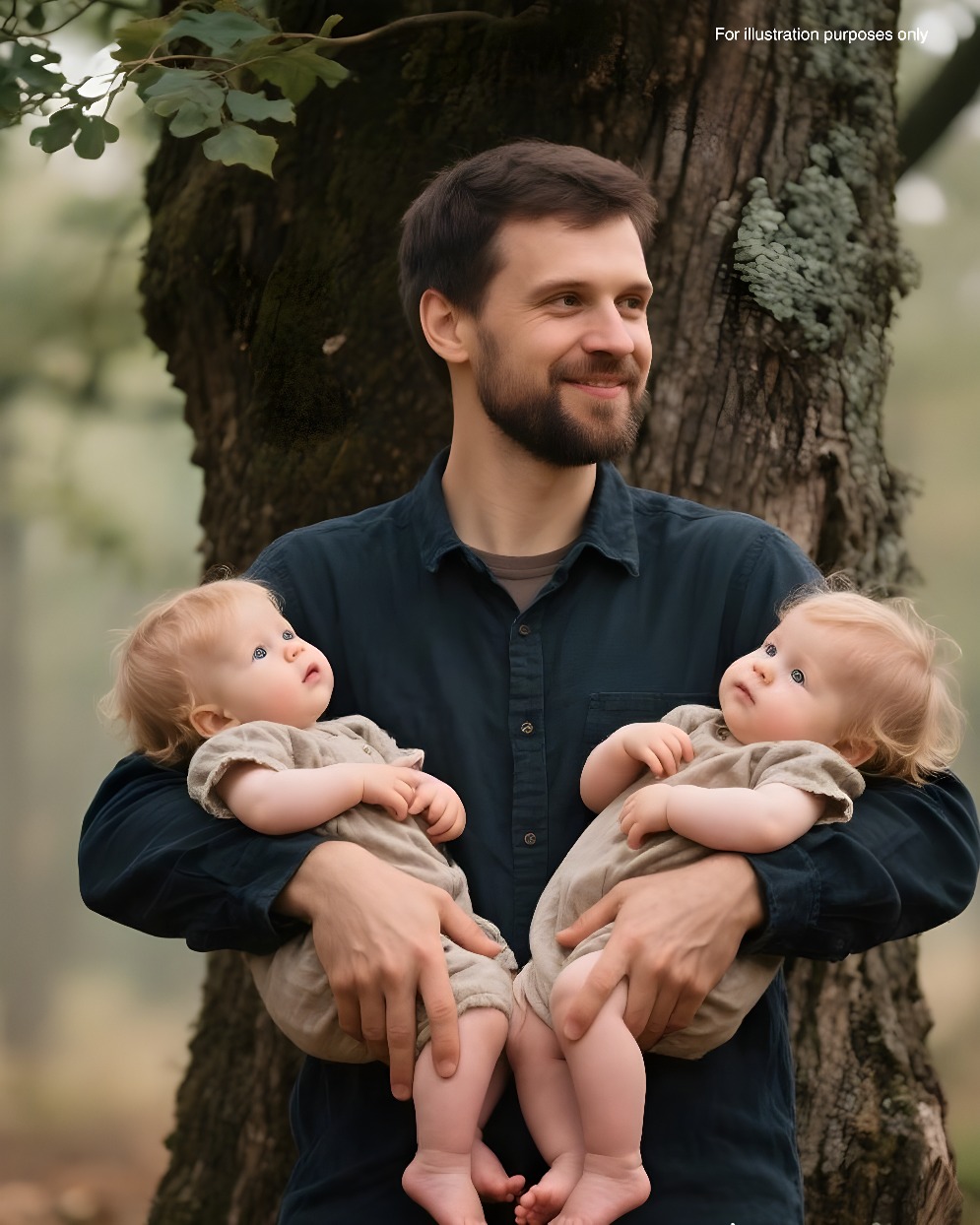Artem’s voice had come like a stone thrown into still water: disturbing, surreal, impossible to ignore.
That morning, the house had been silent—just the usual clatter of a spoon in a teacup, the gentle creak of floorboards warming in the autumn sun. But by evening, the quiet was gone, replaced with small footsteps, whispering breath, soft crying at night.
Now they were five.
Olga hadn’t planned for it—no mother ever does. But motherhood, she discovered, was not something that needed planning. It arrived uninvited, sat down at the table, and demanded soup and a warm bed. And when the two boys—Timofey and Savely—curled up next to Varenka as if she were a lighthouse in a storm, she knew they had already rooted themselves into her life.
She learned to understand their silence. The way Timofey paused before touching anything new. The way Savely startled at doors creaking or dogs barking. It wasn’t just fear—it was memory. Someone had taught them to live like ghosts, unnoticed and afraid.
The authorities came and went, but no claims were made. No parents, no posters, no calls. As if the boys had been born from the forest itself.
And so they stayed.
The years rolled on. The house grew smaller, the pantry emptier, but the air—oh, the air was full. With laughter, arguments over porridge, quiet secrets under shared blankets, and the soft hum of songs Olga hadn’t sung in years.
Neighbors whispered. Some warned Artem he’d taken on too much. Others praised him behind his back. But few dared question him outright.
“They’re his,” Olga told one neighbor once. “Not by blood. By choosing.”
When Varya turned sixteen, she braided her hair like Olga used to—tight and practical. Timofey grew long-limbed and thoughtful, always sketching birds or tree bark. Savely kept close to home, fixing broken fence posts, mending boots, feeding stray dogs without a word.
One day, while harvesting mushrooms near the oak tree, Savely paused.
“Do you remember anything from before?” Timofey asked.
Savely looked up.
“No. Just shadows. And that bunny.”
The same ragged plush toy still sat on their shared shelf, its ears mended with mismatched thread.
“But I remember feeling… watched.”
“Like the trees were listening?” Timofey asked.
Savely nodded.
“They still are.”
One winter, a storm knocked the power out for four days. The family sat in candlelight, bundled in blankets, telling stories and singing off-key. Artem built a fire with practiced hands. Olga made soup from potatoes and dried fish.
“This is the best night of my life,” Varya whispered.
“Why?” Savely asked.
“Because no one outside exists right now. Just us. And that’s enough.”
When the children were grown—when the house stood quiet again, echoing their absence—Olga found herself walking to the oak tree. The same place Artem had once found two strange, frightened boys.
She touched its bark, gnarled and cracked, but alive.
A ribbon fluttered in the wind—a piece of Timofey’s old scarf.
Behind her, footsteps. Artem, older now, but still sturdy, stood watching.
“They never told us who they were,” Olga said.
“Didn’t have to,” Artem replied. “They became who they were meant to be here.”
“They made this house full again,” she whispered.
Artem smiled.
“They made it home.”
And somewhere in the distance, laughter echoed—strong, certain, and free. Like wind through pine, like love carved into roots.
